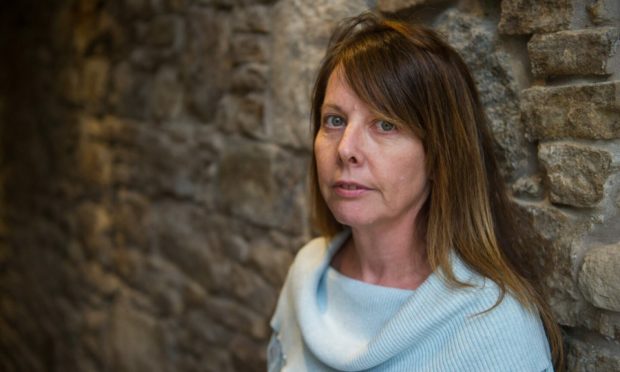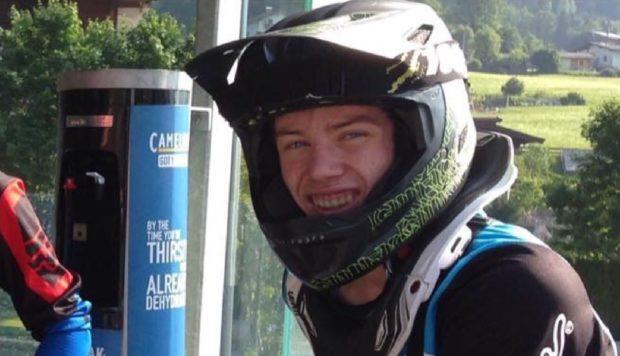Moray charity Keiran’s Legacy has pressed police to conclude a national review of the use of defibrillators “urgently” to help save lives.
Sandra and Gordon McKandie set up the cause following the death of their 16-year-old son Keiran in March 2016.
The parents have devoted the last five years of their lives to funding defibrillators for groups and communities.
Devices funded by the charity, and carrying the name of their son, are now carried in front-line police cars across the north-east and Highlands.
Family of tragic teen want to save lives
Mr and Mrs McKandie have hopes the scheme could eventually be rolled out across Scotland to help save even more lives.
However, the couple have blamed “bureaucracy” for delaying their efforts.
Moray MP Douglas Ross has raised the issue with Chief Constable Iain Livingstone during talks.
Mr Ross explained Scotland’s most senior police officer told him the scheme was now being considered nationally – instead of on a region-by-region bases.
Mrs McKandie has pressed for a decision to be made “urgently”.
She said: “It is our aspiration that the roll out of defibrillators becomes a national one and as many emergency vehicles as possible are fitted with them.
“The findings of this review and subsequent developments will result in a change in practice and we would wish this to be recognised nationally as part of Keiran’s Legacy.
“Keiran is responsible for many lives being saved and our aim is to allow Keiran to continue to save even more people, honouring our son and allowing him to continue to make real change and difference to others lives.”
Police examining defibrillator use
Police currently have 134 automatic external defibrillators (AEDs) available for use with 37 in response vehicles.
Nearly half of that total came from donations from Keiran’s Legacy but the charity wants more to be rolled out.
Officers used defibrillators from the charity 21 times during 2019 and four times in 2020 with Covid suspected to be the cause of the decrease.
The family fears red tape is delaying efforts to expand the scheme to more regions.
Mr Ross has pressed the case with Mr Livingstone to ensure more lives can be saved from the donations.
He said: “Police Scotland has explained that the responsibility for securing and distributing the AEDs was, until recently, the responsibility of each division.
“However, with the donation of these vital life saving devices coming from charities, partnerships and third sector agencies, the force has decided it is better and more efficient to have greater oversight and coordination of the AEDs to maximise the procurement opportunities, promotion of access to them.
“This has recently evolved into a national workstream, to review Police Scotland’s future use of AEDs.
“This review will hopefully bring together best practice, new sourcing opportunities and ensure this equipment remains fully maintained.”
Police review will ‘enhance’ response
Police say the national review of defibrillator use will help improve its response to emergency incidents.
Studies are being done with charity British Heart Foundation to ensure the devices can be accessed when needed.
Assistant Chief Constable Gary Ritchie said: “AEDs are life-saving pieces of equipment and should be easily accessible by police officers, staff and members of the public to be able to provide help if and when required.
“A working group has been set up by Police Scotland to identify and locate AEDs across our estate, and members will be liaising with Keiran’s Legacy in the near future.
“Information will be submitted to the British Heart Foundation for inclusion in The Circuit, a map of all known AEDs across the United Kingdom.
“This will enhance our policing response to incidents which may require an AED, as well as an invaluable tool for local communities.
“As an organisation, and as the chief constable said in his discussion with Mr Ross, we sincerely thank the McKandie family for the AEDs they have provided as a tribute to their son, Keiran.”


